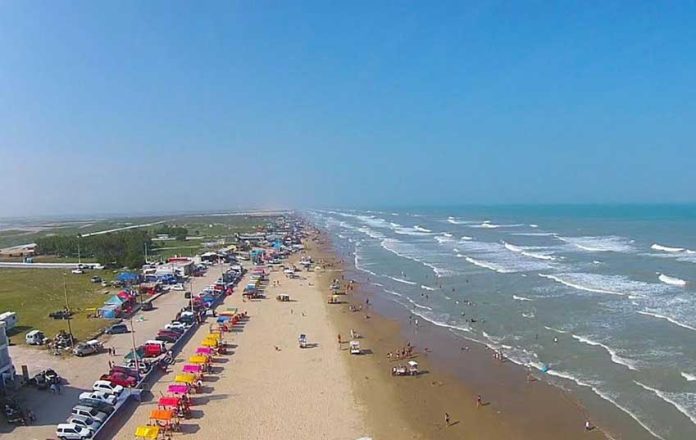Beaches in Mexico may not be as safe as the federal government claims because their waters are tested with samples taken at least two weeks before the data is published, and the nation’s standards are far more lax than those set by the World Health Organization (WHO).
Marine biologist Alejandro Olivera Bonilla, the representative in Mexico of the Center for Biological Diversity, told the newspaper Excélsior that the samples do not offer a current snapshot of water quality, as conditions at sea change from one moment to the next.
Those conditions can change significantly when one takes into consideration that thousands of families are hitting the beaches this week during their Easter vacation, meaning that the presence of fecal coliforms will increase.
On top of that, he said “. . . the country’s maximum allowed limits [of fecal coliforms in seawater] do not correspond to the limits set by the WHO, as international regulations establish the limit as 100 fecal coliforms per 100 milliliters of water . . .”
Mexico’s limit is twice that, at 200 fecal coliforms per 100 milliliters.
In the United States the limit is 33 and in Canada, 35.
As an alternative to the federal government offering outdated water quality data, Olivera proposed that local environmental and health authorities conduct their own testing and publish current data.
Lists of Mexico’s cleanest and dirtiest beaches have been published in the past week.
Source: Excélsior (sp)
